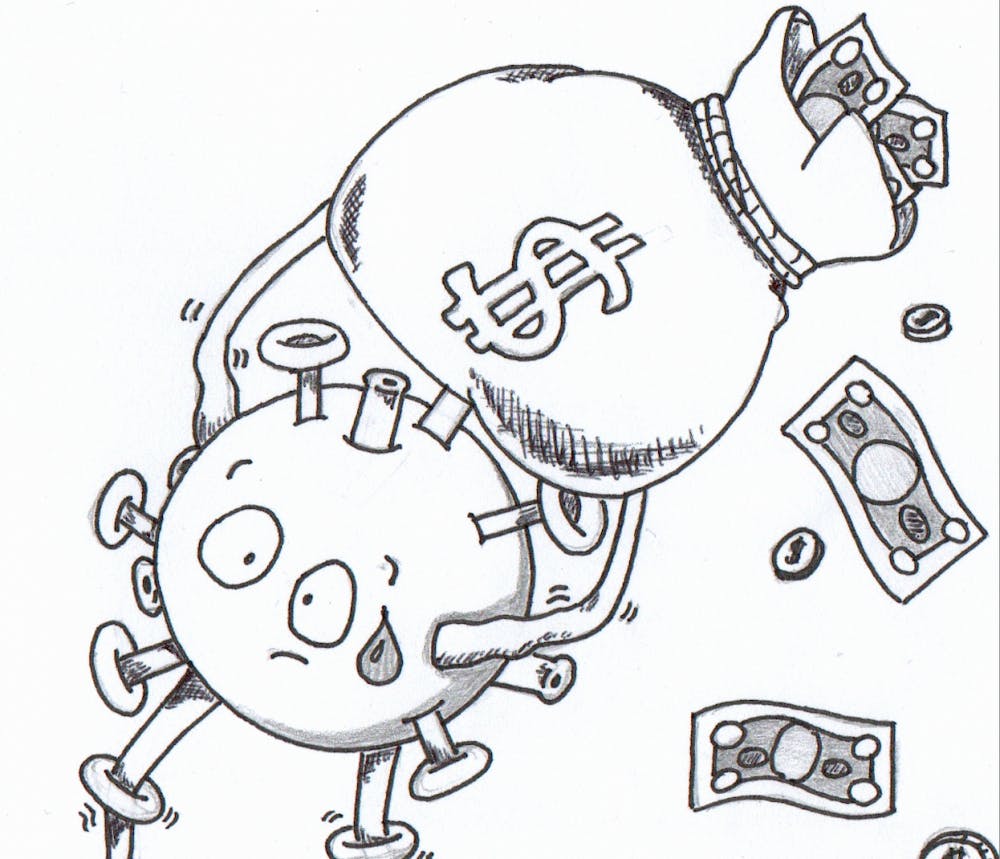By ARMAN MOHSEN NIA
When I first read about the outrageous overnight 4000 percent increase in the price of a drug called Daraprim (Pyrimethamine) from $18 to $750 per tablet I thought this is pretty unfair and bizarre; Is there no governmental regulations to prevent such dramatic increases?
The drug itself is on the World Health Organization’s List of Essential Medicines as it is commonly used as an antimalarial drug. The company, Turning Pharmaceuticals, has claimed that its rationale for this price surge was to raise research and development funds for similar drugs with fewer side effects in order to better serve its vulnerable patient population. Of course having an enhanced version of a drug is desirable. However, the legitimacy of this claim is controversial due to the high efficacy and manageable side effects of this half-a-century old drug, especially considering the highs costs of drug development. Notwithstanding, is the magnitude of this price elevation justifiable for research and development (R&D)?
Prescription drug development is a financially risky process that often takes more than 10 years and costs an average of over $2.5 billion according to the Tufts Center for the Study of Drug Development. Reasonably, a company could need 10 percent of the total development cost annually for its predicted 10-year-long non-guaranteed development process. Therefore, a total annual revenue of $250 million would be sufficient for R&D of a new drug. Daraprim sales revenues have been increasing over the last five years, going from $667,191 in 2010 to $9.9 million in 2014 when is was priced at $18 per tablet. Assuming that the usage remained constant in 2015, the current pricing would result in a net revenue of $412.5 million for the company — an excessive net profit of $160 million over what it would take to actually develop an AIDS drug with fewer side effects.
Regardless, from a business standpoint, this excessive price hike is technically unobjectionable. Pyrimethamine may legally be produced by any company since its patent expired in 1953. The reason so few companies have taken advantage of the open patent is the prior low turnover of the drug, which has changed now as a result of these recent price fluctuations. This change could possibly bring new competitors in the market. For now, though, Turning Pharmaceuticals is free to take advantage of its monopoly and set the sales price without any limitations. However, since this is not like any other business as it directly affects patient care, what are the moral implications? According to the company’s website, the drug is provided free of charge to qualified, uninsured patients, and for the insured population the company has established a co-pay assistance program. If these policies can be believed, the patients would not be greatly affected, and most of the financial burden of this price hike would be on insurance companies.
Although I initially was quite disappointed by this news, I came to the conclusion that, surprisingly, even up to a 3000 percent price increase would have been justifiable. However, the 4000 percent raise here was blatant profiteering — there is no other way to put it. Regardless, buying the Daraprim brand and increasing its price to this extent was a win-win game for the Turning Pharmaceuticals and a genuinely smart business decision for the firm. Beside the obvious financial benefits, the least outcome of this action was the huge media coverage that made the brand and the company’s executive board extremely famous, which might facilitate future marketing efforts. Additionally, considering the fact that Daraprim production is a highly profitable business now, other companies might enter the market, driving price competition and furthering support of new drug development.
Arman Mohsen Nia is a senior materials science and engineering major from Tehran, Iran.
Correction: This article previously misstated the writer's hometown.





